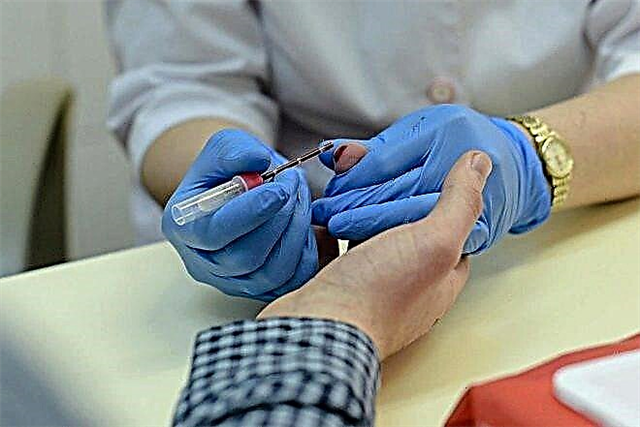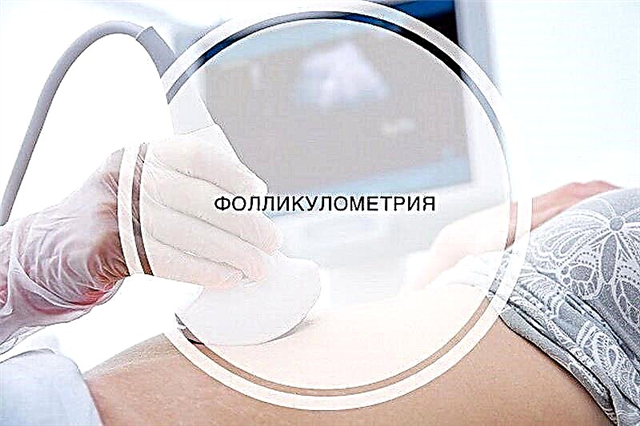
"Ascorutin" is one of the popular remedies for strengthening blood vessels and preventing colds. Although its composition includes 2 vitamin compounds, it is not an ordinary vitamin complex, but a medicine. Under its action, the walls of blood vessels become more durable, which is very important for pregnant women, because many new capillaries appear in their body, and the load on them increases many times over due to an increase in blood volume.
Due to the fragility of the vessels, many expectant mothers have a tendency to bleeding and edema, and the baby in the womb may suffer from hypoxia. That is why "Askorutin" is present in the practice of obstetricians-gynecologists and is included in the complex of treatment of various pathological conditions.
But despite the useful components, taking such a remedy without evidence is not recommended. Drinking it on your own initiative can be dangerous for both the fetus and the expectant mother.
Features of the drug
"Ascorutin" is produced in the form of flat cylindrical tablets with a greenish-yellow color. They are small in size and have a sour-sweet taste. The medicine is sold in packs of 10 to 100 tablets without a prescription. The average price of 50 tablets is 30 rubles.
The basis of the drug is a combination of two active substances presented in a dosage of 50 mg. One is ascorbic acid, and the other is rutoside, also known as rutin and vitamin P.
The auxiliary ingredients of the drug are talc and sugar, as well as potato starch and calcium stearate.

How does it work?
Due to the presence of ascorbic acid in tablets, combined with rutoside, "Ascorutin" is able to:
- increase the strength of the vascular walls;
- reduce the permeability of small capillaries;
- prevent the development of edema of the walls of blood vessels and eliminate the inflammatory process in them;
- participate in the processes of recovery, as well as oxidation;
- increase the body's resistance to harmful factors;
- improve tissue regeneration;
- regulate the metabolism of carbohydrates;
- maintain normal blood clotting;
- improve microcirculation;
- have an antiplatelet effect;
- strengthen immune defenses.

Is it used by pregnant women?
Since "Ascorutin" acts as a source of ascorbic acid, such a medicine is in demand in case of vitamin C deficiency. Its use helps to protect the expectant mother from viral diseases and improve metabolic processes in her body. One of the most frequent indications for the appointment of "Ascorutin" during the gestation of a baby is gestosis. This pathology is characterized by increased capillary permeability and stagnation of blood in small vessels, therefore, taking pills alleviates the woman's condition and prevents dangerous consequences.
The prophylactic use of "Ascorutin" in pregnant women helps prevent varicose veins, bleeding, hemorrhoids, colds, edema, anemia and many other problems. The medicine is included in the complex of treatment of rheumatism, glomerulonephritis, scarlet fever, hemorrhagic vasculitis, acute respiratory viral infections, nosebleeds and other pathologies. I also write it outt after taking anticoagulants and drugs based on salicylic acid, in order to eliminate the negative effect of such drugs on the walls of blood vessels.


At the same time, expectant mothers should know that this medicine is not prescribed in the early stages. The active substances of the tablets are well absorbed and penetrate into the placental bloodstream. Due to the significant dosage of rutoside, the use of Ascorutin in the 1st trimester can adversely affect the formation of the baby's organs, therefore, taking pills for up to 12 weeks should be avoided.
As for the use at a later date, the medication is allowed in 2-3 trimesters, but it is used only according to indications. The doctor will certainly take into account the woman's contraindications, because in some cases, "Ascorutin" is more likely to harm than benefit.
And also the specialist will take into account the intake of other vitamin complexes, since an overdose of vitamins is just as unsafe as their deficiency.

Contraindications
Drinking "Ascorutin" is prohibited in case of hypersensitivity to any of the components of the tablets. Since one of the inactive substances of the tablets is sucrose, such a remedy is also contraindicated in the absence of isomaltase or sucrase in the body, fructose intolerance and glucose-galactose malabsorption. In addition, "Ascorutin" is undesirable to use in diabetes, urolithiasis and hypertension.
Caution in the use of the drug is required by patients with an increased risk of blood coagulation, the presence of thrombophlebitis and a tendency to thrombosis.
To eliminate such problems, before taking the pills, it is worth donating blood to determine the level of platelets and other indicators of the coagulation system. If the norm of platelets is exceeded, treatment with "Askorutin" can provoke the appearance of clots, including in the vessels of the placenta, which threatens the health of the fetus.

Side effects
Some expectant mothers react to Ascorutin with a rash and other allergy symptoms. Sometimes the drug can cause dyspeptic disorders such as nausea, loose stools, or abdominal pain. And also there are complaints of headaches, a rise in body temperature, sleep disturbances, the appearance of kidney stones.
Instructions for use
The scheme of taking "Ascorutin" while waiting for the child should be clarified with the attending physician. Most often, for treatment, the agent is prescribed one tablet twice or three times a day, and prophylactically, the medication should be taken 1-2 times during the day.
It is recommended to swallow the tablets after meals. Do not dissolve or chew the drug, as this can damage the tooth enamel. The tablet should be washed down with plain water, because the mineral is capable of neutralizing ascorbic acid. A decrease in activity is also noted when combined with fruit or vegetable juices.
The duration of treatment, depending on the reason for admission, can range from 10 days and reach 3-4 weeks. How long a specific expectant mother should drink the drug is determined by the doctor. If any symptoms of side effects occur, "Ascorutin" should be canceled immediately.
Exceeding the dose is unacceptable, as this will affect blood pressure, kidney function and the condition of the digestive tract.
If a woman is already taking any medications, their compatibility with Ascorutin should be clarified before starting treatment. Particular attention is paid when taking other vitamin preparations, salicylates, anticoagulants and antibiotics.

Reviews
Women who took "Ascorutin" while waiting for a baby leave mostly good reviews about such a vitamin product. They confirm the beneficial effect of the drug on blood vessels and immunity. The advantages of the drug also include its prevalence in the pharmacy network and its affordable cost.
Doctors treat Ascorutin differently. Some use it in their practice and consider it a useful tool, while others do not prescribe it to expectant mothers. Those doctors who recommend these tablets to their patients note their positive effect on the state of blood vessels, which is important in many pathologies in pregnant women. They rarely diagnose adverse reactions to such a remedy.

Analogs
The doctor can replace "Askorutin" with capillary fragility, gestosis and impaired blood circulation in the placenta with similar drugs.
- "Hofitol". These tablets and solutions contain artichoke extract, which activates the formation of bile, prevents the deposition of cholesterol and improves blood flow in small vessels. They also have some diuretic effect, so they are prescribed for a tendency to edema. The medication is allowed throughout pregnancy and is safe for the fetus.
- "Kanefron N". The herbal components of this drug help to remove excess fluid from the body, therefore, the remedy is in demand for edema. Dragee or oral solution is prescribed to expectant mothers both in the first trimester and in later periods, since "Kanefron" has no negative effect on the child.
- "Courantil". The therapeutic effect of such tablets is due to dipyridamole, a substance that can strengthen the vascular walls and prevent the appearance of blood clots. During pregnancy, the drug is often prescribed to prevent placental insufficiency or to treat such a problem, as well as for varicose veins, hemorrhoids and edema. The medicine is allowed for any period.
Conclusions
"Ascorutin" can be called one of the useful medicines for pregnant women, if used under the following conditions:
- do not take it yourself;
- do not drink in the 1st trimester;
- at a later date, take within the period prescribed by the doctor, without increasing the dosage;
- monitor blood counts;
- immediately cancel the drug if you feel worse.




